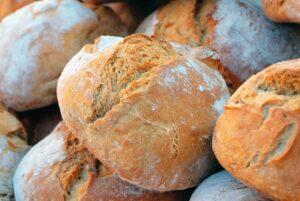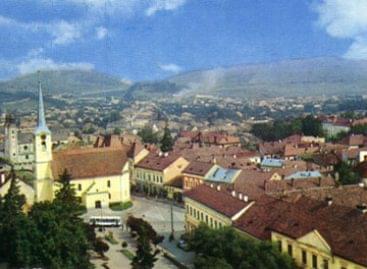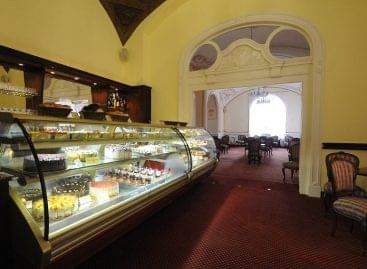Abundant harvest, expensive bread – Prices are rising in Croatia despite a good wheat year
Although the 2025 wheat harvest in Croatia ends with an exceptionally good harvest, food prices continue to rise – and the population is increasingly dissatisfied. Farmers can breathe a sigh of relief, but consumers are paying more and more for bread – many believe that booming tourism also plays a role in this.
This year’s wheat harvest could double your needs
 Croatian producers sowed wheat on nearly 146 thousand hectares this year, which is 4 percent more than last year. The yield is also outstanding: in Slavonia, an average of 7 tons of grain per hectare was produced, so experts say that Croatia’s annual harvest could exceed one million tons. This is double the country’s domestic needs, meaning there will be plenty for export.
Croatian producers sowed wheat on nearly 146 thousand hectares this year, which is 4 percent more than last year. The yield is also outstanding: in Slavonia, an average of 7 tons of grain per hectare was produced, so experts say that Croatia’s annual harvest could exceed one million tons. This is double the country’s domestic needs, meaning there will be plenty for export.
Buyers are currently paying 188 euros per ton for first-class wheat, while 153 euros for lower-quality wheat. The high hectoliter weight indicates that the harvest is excellent not only in quantity but also in quality.
The price of bread is still rising
However, a good harvest does not mean cheaper bread. In fact, the current 3.7 percent food inflation is expected to continue to increase – according to some forecasts, the price of bread could increase by up to 6 percent by the end of the year. This is particularly sensitive to consumers, who rightly ask: if the domestic wheat harvest is abundant, why do they have to pay more for basic foodstuffs?
Energy prices, wage costs and the impact of tourism in the background
According to the Ministry of Agriculture, the main reasons for the price increase are rising energy prices and labor costs. Bakeries and grocery stores are struggling with a continuous labor shortage, which they are trying to compensate for by increasing wages – which inevitably leads to price increases.
At the same time, experts are increasingly mentioning tourism as a factor driving up prices. In seaside resorts, basic products are often offered at higher prices, and this trend has already spread to wholesalers. This means that not only tourists but also local residents pay the same price – many people consider this to be unfair and further increase dissatisfaction.
A shared economic success
Croatia has thus found itself in a situation where the success of the agricultural sector is not necessarily reflected in the wallets of the population. The excellent wheat harvest is good news for producers, especially those who find it difficult to compete with cheap Ukrainian grain. At the same time, the rise in prices – even if there are structural reasons behind it – is increasingly frustrating consumers. The question is how to balance agricultural economic results with public interest in a way that satisfies both sides.
Related news
The Bubi pilot period continues: you can still test Mobi points with bikes until the beginning of March
🎧 Hallgasd a cikket: Lejátszás Szünet Folytatás Leállítás Nyelv: Auto…
Read more >NGM: the government is extending the 5+1-point catering industry action plan to include pastry shops
🎧 Hallgasd a cikket: Lejátszás Szünet Folytatás Leállítás Nyelv: Auto…
Read more >Related news
BioTechUSA and Docler Holding CEOs Launch New Venture
🎧 Hallgasd a cikket: Lejátszás Szünet Folytatás Leállítás Nyelv: Auto…
Read more >








